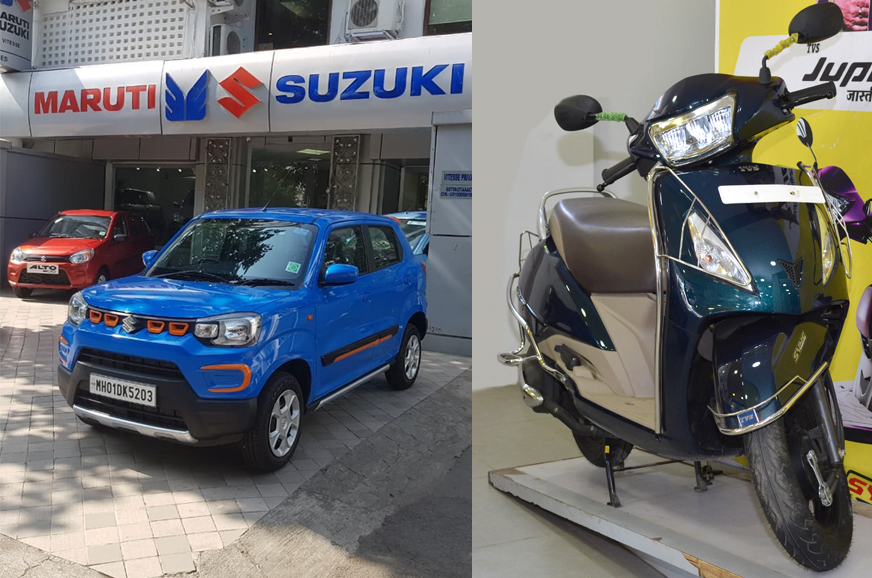
While the Indian automotive industry began Tuesday morning with the kick-starting of Auto Expo 2020, ratings agency India Ratings and Research has revised its outlook on the auto sector to negative for FY2021 from stable. This is due to the expectation of weak sales amid macroeconomic headwinds, leading to weak consumer sentiments.
Furthermore, sector-specific factors – such as an uncertain regulatory environment, limited credit availability and increased cost of ownership after BS6 norms implementation – will add to negative consumer sentiments. The agency expects flat-to-low single-digit growth in the total domestic sales volumes in FY2021.
The ratings agency expects passenger vehicle (PV) sales to grow 2-4 percent year-on-year (YoY), while commercial vehicles (CV) will decline by 5-7 percent YoY and two-wheeler (2W) down between 0-5 percent YoY in FY2021. During April-December 2019, sales volumes fell 16 percent YoY. India Ratings and Research expects industry volumes in FY2020 to decline by 12-15 percent YoY.
As per the outlook, revenue growth and margins will be subdued, and companies will continue to incur capital expenditure in view of the ongoing regulatory changes, development of an electric vehicle platform and continued new product launches. However, the credit ratings of most manufacturers rated by India Ratings and Research are likely to be unaffected, due to their robust liquidity positions and low-leverage profiles that provide them strong financial flexibility.
After the adoption of BS6 norms from April 1, 2020, the prices of vehicles would increase. However, India Ratings and Research does not expect any meaningful pre-buying, as manufacturers have already started launching their BS6 model variants and reduced production of BS4 variants to manage inventory pile-up. "Pre-buying is likely to be more in 2W and CV, where price differential is higher, while it would be insignificant in PVs" the agency said.
India Ratings believes that, as consumers would take some time to accept the increased pricing, sales in the first-quarter of FY2021 would be minuscule, especially in CVs. The demand is likely to pick up from the start of the festive season in the second-half of FY2021.
In CVs, the implementation of axle load norms, low industrial output, and a reduction in transit time after GST implementation have resulted in excess capacity in the system. While infrastructure spending could increase in FY2021, it would consume some of the spare capacities in the system and thus is unlikely to create an incremental demand of vehicles. Furthermore, limited credit availability, particularly from NBFCs, would contain CV growth in FY2021.
from Autocar India - Industry https://ift.tt/39aPHRw

0 comments:
Post a Comment